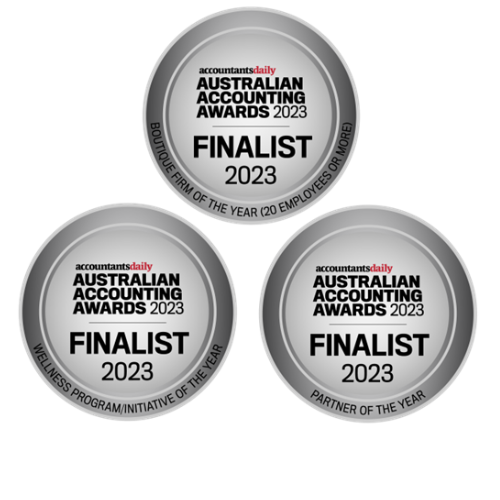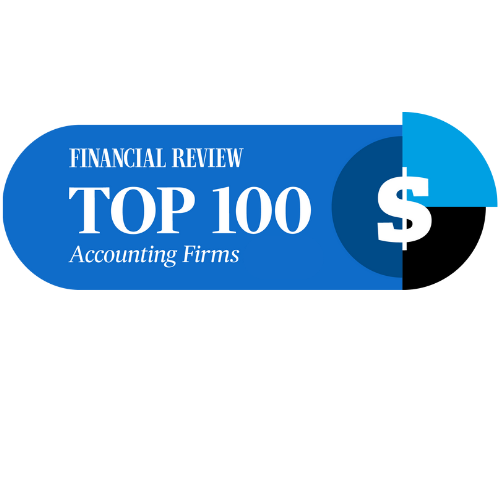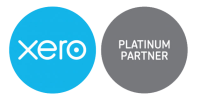As 30 June 2021 fast approaches it is important to ensure the tax planning and compliance issues relating to your self-managed superannuation fund are in order. Set out below are a few matters to consider and take action on where necessary.
Contributions
The maximum contribution levels for 2020-21 for concessional and non-concessional contributions are:
Concessional (tax-deductible) contributions – $25,000
It is important to note that this is from all sources including employer SGC, salary sacrifice, insurance premiums paid by the super fund, and personal deductible contributions. If you have made, or intend to make, personal deductible contributions then you must notify the super fund that you intend to claim a tax deduction for the contribution prior to lodging your personal 2021 income tax return. Under the rules, contributions are not considered paid until they are received by the super fund, so it is best to ensure contributions are made before 23 June 2021.
Non-concessional contributions – $100,000
In some circumstances you can adopt the bring forward rule and contribute up to $300,000. Please note, if your total superannuation balance is over $1.5m then you cannot use the “bring forward” strategy. Non-concessional contributions provide an opportunity to move investments into super and out of your name, trust, or company, subject to limits. NCCs recontribution strategy can also assist in reducing the tax payable from any super death benefits left to non-tax dependants.
Catch-up Contributions
If your total superannuation balance is less than $500,000 and you have not contributed the maximum concessional contribution each year since 2019, you can make “catch up” contributions prior to 30 June. This strategy is attractive for those who may have had an unusually high income or a large capital gain event in the 2021 financial year.
Downsizer Contributions
If you are aged 65 years and over, and you sold your main residence during the 2021 financial year, which you owned it for at least 10 years, you may be able to make “downsizer contributions” of up to $300,000 per individual.
Work Test
If you are aged 67 years and over you must satisfy the work test to be able to make contributions to superannuation. The test requires you to have worked at least 40 hours in any consecutive 30-day period during the financial year.
Pension Payments
If your SMSF is in pension mode, i.e. paying a pension, it is important to ensure that no less than the regulated minimum pension amount is paid for 2020-2021 year before 23 June 2021. If you do not need the cash you could recontribute back the pension amount as a concessional and/or non-concessional contribution subject to the limits mentioned previously.
Compliance Issues
Asset valuations
Regulations require assets to be valued at market-value each year, including real estate and collectibles. The valuation must be based on objective and supportive data.
Investment Strategy
The trustees of SMSF’s are required to have a current investment strategy for their self-managed super fund. The regulations require the trustees to make, carry out and document decisions about investing the fund’s assets and to carefully monitor the performance of the fund.
Insurance
If your SMSF is required to hold insurance for its members, ensure the insurance is at an adequate level of coverage and the premiums are paid.
Record Keeping
Ensure the super fund’s records are up to date to save on additional compliance fees. Examples of the records that we need include bank statements for the full financial year, dividend and investment statements, rental statements, purchases and sales of assets, new investments, and insurance premium notices. Your assistance in providing all the information early in the new financial year assists with staying compliant, and makes our job just that little more easier!
Superannuation is an extremely effective tax and retirement planning strategy but it does have significant legal and compliance obligations.
As always, the team at Walshs are here to assist and advise you to ensure the best outcomes for you. Please do not hesitate to contact us if you have any queries on the above on 07 3221 5677 or email your relevant partner advisor.








